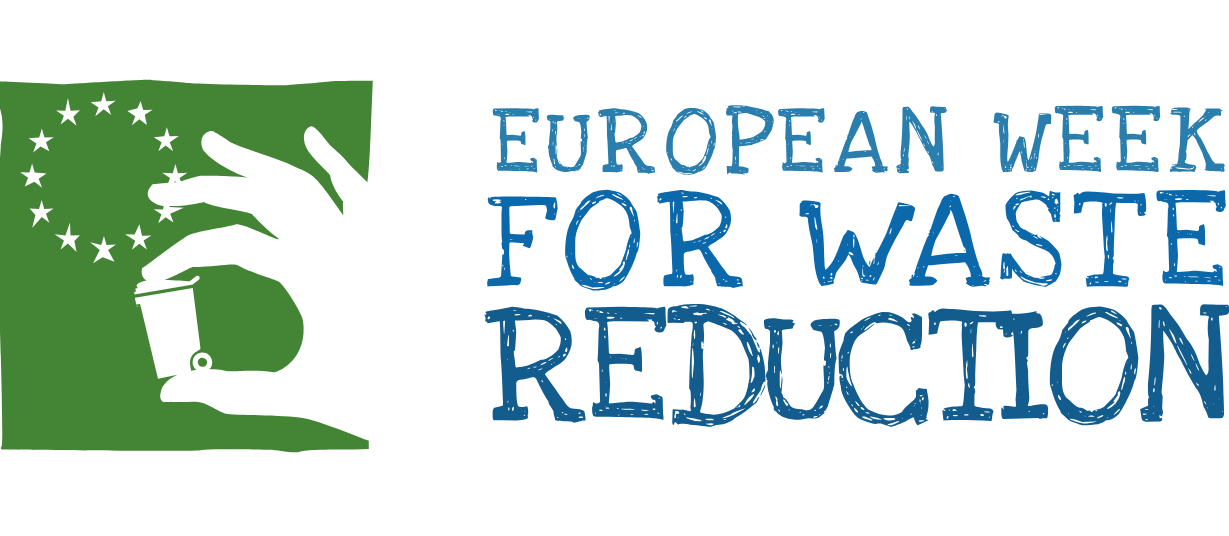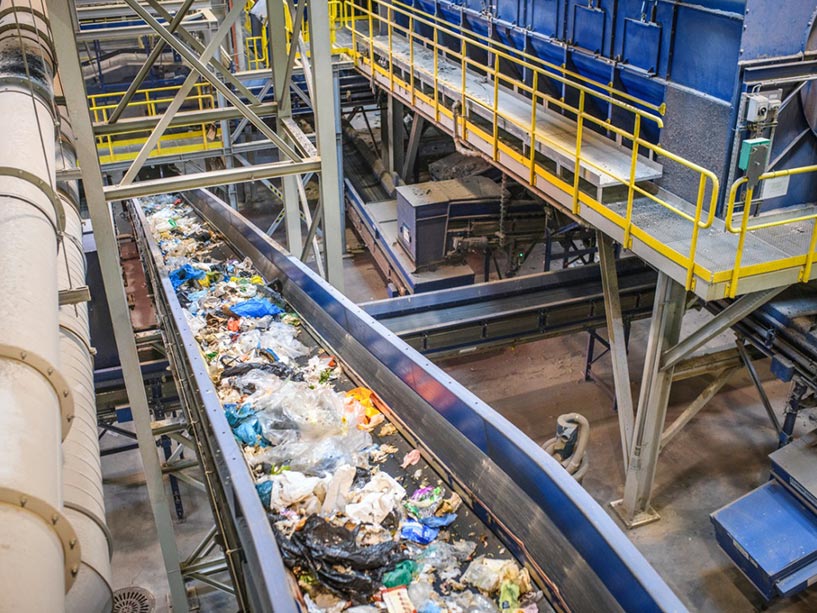Until November 24, the European Week for Waste Reduction (EWWR) is celebrated, a significant event aimed at raising awareness about the importance of significantly reducing the waste we generate as a society. With a focus on the 3Rs –Reduce, Reuse, and Recycle–, this week provides an opportunity to reflect on our consumption habits and adopt sustainable practices that contribute to environmental protection. In a context where plastic remains one of the greatest ecological challenges due to its slow degradation, initiatives like this are essential to driving actions that promote more responsible waste management and a resilient future.
Context and Objectives of the EWWR: A Collective Effort for Sustainability
The European Week for Waste Reduction (EWWR) has established itself as a key initiative involving citizens, businesses, schools, and governments across Europe in the fight to reduce waste generation and promote a model of circular economy. This collective effort aims not only to raise awareness about the importance of reducing waste but also to encourage collaboration to implement sustainable and efficient practices. In the previous edition, active participation from various sectors highlighted the magnitude of this commitment and underscored the positive impact generated by coordinated actions.

Highlight Actions: Examples of Commitment in Practice
During the EWWR, multiple activities are carried out that reflect the community’s commitment, such as recycling workshops, waste collection campaigns, and educational talks. These projects not only educate but also drive action in key sectors such as agriculture and manufacturing, emphasizing efficient resource management and the adoption of sustainable technologies. Collaboration between public and private entities is essential to extend these initiatives and make waste reduction an achievable goal for all.
Keys to a Sustainable Future
-
- Reduce consumption: The first and most important key to a sustainable future is reducing the amount of resources we consume. This involves adopting responsible habits in our purchasing decisions, prioritizing products with low environmental impact, such as those with less packaging or made from recycled materials. It also includes encouraging practices like sharing goods (collaborative economy), avoiding single-use products, and opting for more durable alternatives.
2. Reuse materials: Reuse extends the lifespan of products, preventing them from prematurely becoming waste. This can be achieved through the repair of damaged items, the donation of goods in good condition that we no longer need, or even creativity to give them a second life. For instance, plastic containers can be turned into pots, while materials like wood or metal can be reused in DIY or construction projects.
3. Recycle efficiently: Efficient recycling requires both individual and collective effort. At the household level, it is crucial to sort waste correctly at the source to facilitate its treatment in recycling plants. At the industrial level, it is necessary to invest in advanced infrastructure and technologies that allow materials to be processed optimally. For example, the implementation of specialized machinery, such as shredders and separators, maximizes resource utilization and reduces waste sent to landfills.
The Role of Industry in Waste Reduction
The industry plays a fundamental role in waste reduction, being both a generator and a driver of sustainable solutions. Companies in various sectors are adopting practices ranging from optimizing production processes to implementing advanced recycling technologies. Collaboration between companies and the development of strategies that promote the 3Rs –Reduce, Reuse, and Recycle– are essential to minimize environmental impact and advance toward a model of circular economy.
Industry participation in initiatives like the European Week for Waste Reduction is crucial to fostering large-scale change. Examples include the use of specialized machinery for material recycling and investments in sustainability programs that integrate both workers and the community. These efforts not only help reduce the volume of waste generated but also contribute to more responsible and efficient use of resources.

“Among the most critical challenges the industry faces is managing plastics, one of the most complex materials to handle due to its slow degradation.”
Challenges in Plastic Recycling
Plastic recycling continues to face significant challenges due to the slow and complex degradation of the material. Despite technological advances, global recycling capacity still needs to double to meet sustainability goals. In this context, industrial blades for recycling play an essential role in facilitating and optimizing the transformation of plastic waste into new products.
Cuchillas Castillo’s Commitment to Plastic Recycling
At Cuchillas Castillo, a leading company in the supply of industrial blades for recycling, we understand the importance of efficient waste management to protect our environment. Our mission is to support the industry at every stage of the recycling process, leveraging cutting-edge technology and specialized machinery to maximize efficiency and sustainability.
At Cuchillas Castillo, we invite every individual and company to actively participate in the European Week for Waste Reduction and in the implementation of sustainable practices. Only through joint action can we move toward a more resilient and environmentally respectful future.

